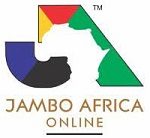Nile: Next time I’m gonna bring my own (a bottle of whisky). [Yours] is terrible.
“Aggy: (Chuckles) My dad always had the same bottle of single malt Glenfiddich around for guests… I caught him one night refilling it with Dewar’s and water from the sink.
Nile: Yeah.
Angy: He said: “It’s the label people taste…”
Nile: Smart man
Aggressive: Hmmm…”
This is a dialogue from a Netflix series, “A Beast in Me”, which I have been watching for the past few days.
I have lived long enough in the world of communication, diplomacy, and brand-building to know that people seldom consume a product before they consume its story. And sometimes, as the Netflix series A Beast in Me so sharply reminds us, the story is the product.
There is a scene in which Angy recalls her father refilling a Glenfiddich bottle with Dewar’s mixed with tap water. When questioned, he simply says: “It’s the label people taste.” That single line is a masterclass in branding – delivered casually in a living room, but as profound as anything I have taught or practised in decades of building Brand Africa narratives.
That moment took me straight back to 2006, when I headed the Provincial Communication Services in Limpopo. We were hosting a business networking session at Entabeni Game Lodge to celebrate the Premier’s birthday – an intimate gathering of some of the country’s most influential businesspeople. We used this event as an opportunity to introduce our new provincial brand positioning, “The heartland of southern Africa”, to the captains of the industry. Among them was Phile van Zyl, co-owner of ZZ2, Africa’s biggest tomato producer and exporter.
Phile’s long-haul ZZ2 trucks were an unmistakable brand presence on the N1, their bold red lettering carving visibility into the national psyche. But once those tomatoes arrived at the Johannesburg Fresh Produce Market – they vanished into anonymity. Unbranded. Undistinguished. Undervalued.
I told him: “Phile, brand your tomatoes, package them, give them a visual identity. People pay for the story, not just the fruit.”
He loved the idea.
Today, every time I walk into a grocery store and see beautifully branded ZZ2 tomatoes – costing more than the others – I feel a strange mixture of pride and regret. Pride because I know the advice contributed to a brand success story; regret because, as a consumer, my pocket now pays the price of my own branding gospel.
And yet, even with that sting, the lesson remains solid: branding is value creation.
I recently repeated this gospel with my friends in the atchaar business. Now, in South Africa, atchaar is more than a condiment – it’s a cultural inheritance, a staple, a taste of home. But even staple products need branding if they are to rise above the ordinary.

So, I encouraged the first two and I was glad to see the third has done the same thing:
• Julius “Makweru” Moeletsi, based in Johannesburg, with his bold Archaar Cartel. He lists celebrities and businesspeople as his clients;
• Macy Mabula, in Germiston, with her refined Macy Styled;
• Madumetja Rapudi, in Polokwane, with her proudly local Achaar ya Madumetja.
Once they branded their packaging, everything changed. Suddenly, their atchaar didn’t merely sit on a table – it performed. It spoke. It announced itself. It joined the competitive stage with confidence.
Julius now sells his premium bottle for R600. He insists his special ingredients – like olive oil instead of ordinary oil – deserve the price. And he’s right. Branding doesn’t create quality; it amplifies it. But without branding, even excellence struggles to be seen.
Through all these experiences – whether on a dusty road in Limpopo, a supermarket aisle, or a Netflix screen – I have come to accept one truth:
People don’t buy products.
They buy stories.
They buy identity.
They buy meaning.
They buy the label.
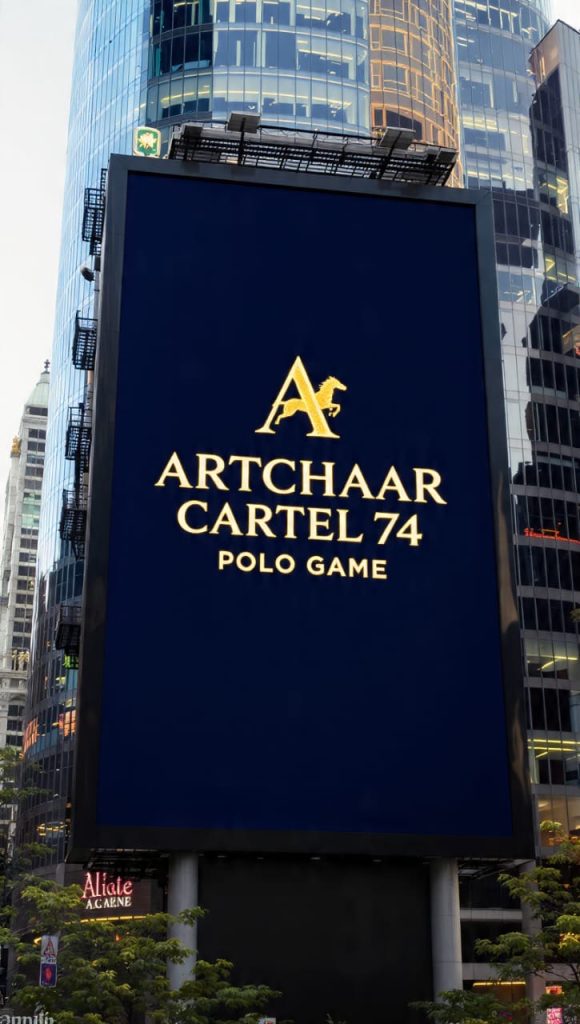
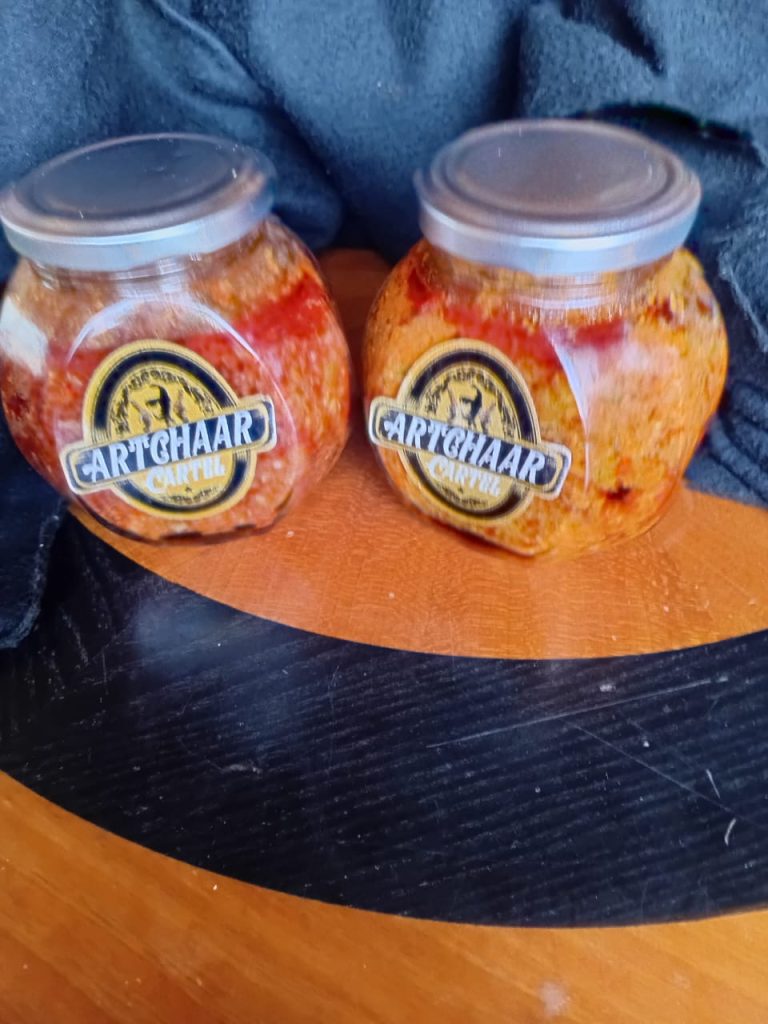
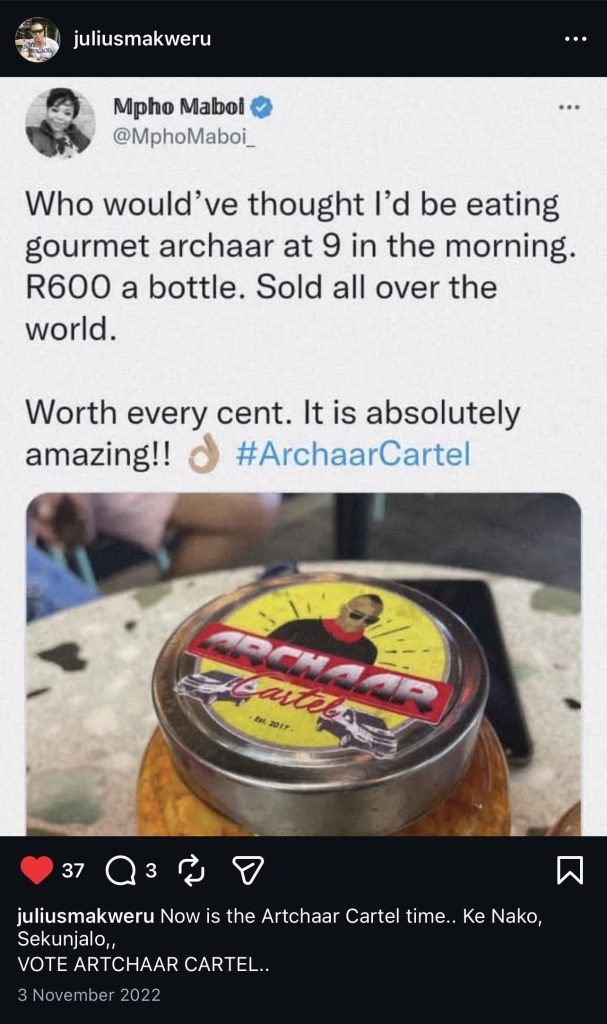

And as someone who has spent a lifetime shaping narratives – from brand South Africa to brand Africa – I know this:
Branding is not cosmetic; it is economic.
It is emotional.
It is political.
It is psychological.
It is destiny-shaping.
Because at the end of the day, whether it’s tomatoes, atchaar, whisky, or even nations, the world tastes the label long before it tastes the contents.

Branding: The story we tell about ourselves before we even speak
Looking back, I realise that every one of these moments – from a fictional father secretly refilling a whisky bottle, to a tomato magnate in Limpopo, to my friends perfecting their homemade atchaar – underscores something far bigger than marketing. Branding is ultimately about identity. And identity, whether personal or corporate or national, is a contract of meaning.
In 2006, when I advised Phile van Zyl to brand his tomatoes, I wasn’t thinking about global competitiveness or premium pricing. I was thinking about visibility. About ensuring that a proudly South African product did not disappear into the mass of anonymous produce on the market floor. Without branding, even excellence becomes invisible. And invisibility is the most expensive cost in business – because it robs you of recognition, and therefore of value.

But branding also teaches humility.
Today, when I pay extra for those ZZ2 tomatoes, I am reminded that ideas have consequences – economic ones. And that as brand builders, we are often our own victims and beneficiaries of the very truths we preach.
My friends in the atchaar business have learned the same lesson in their own way. Their products were always delicious, crafted with care, rooted in tradition. But once they dressed them in compelling stories – bold labels, thoughtful designs, memorable names – they transformed. Not just in appearance, but in perceived worth. Suddenly, a homemade delicacy became a brand. And a brand carries dignity.
Julius “Makweru” Moeletsi proudly tells me why he charges R600 a bottle:
“It’s not just atchaar, bro. It’s craftsmanship. It’s olive oil. It’s process. It’s quality. And the packaging must show that.”
I smile every time he says it. Because that is branding maturity. When a producer understands that pricing is not only about cost, it is about confidence. Confidence in the story behind the product. Confidence in the value it delivers. Confidence in the experience it promises.

Branding and my own life: A Pan-African truth
As someone who has spent years shaping national and continental narratives – brand South Africa, brand Africa, and beyond – I have come to realise that the branding lessons of tomatoes and atchaar are the very same branding lessons of nations.
A country is a product in the global marketplace.
Its “label” is its story – its culture, its leadership, its reputation, its media coverage, its people. And if a nation does not actively brand itself, the world will brand it on its behalf. Usually unfairly. Usually negatively.
So when I say “branding is economic and political,” I mean that branding has the power to reposition a country’s destiny. That is why I fight, write, advocate, and dream in the language of Brand Africa. Because for too long, Africa has been like those unbranded tomatoes: rich, fresh, premium in quality – but sold cheaply because the world does not see the value.
And likewise, we Africans often do not package our own value in ways that command global respect.
Branding is not deception.
It is amplification.
It is recognition.
It is clarity.
If we do not tell our story, somebody else will – on their terms, not ours.
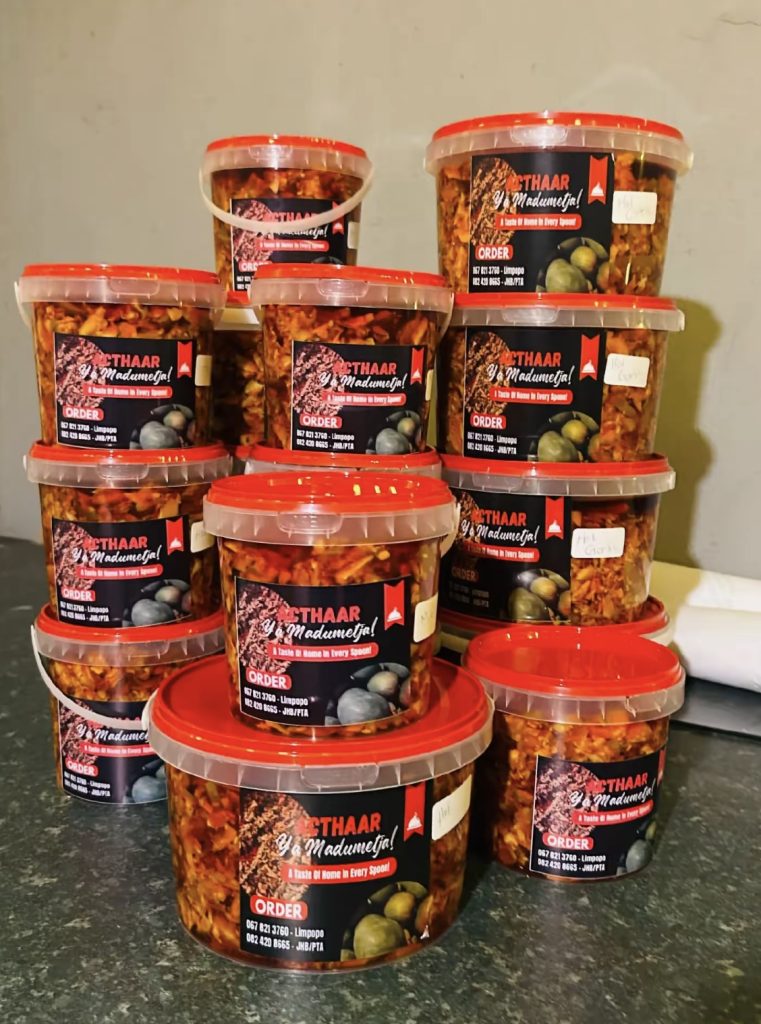
A Final Reflection: Branding as a form of self-identity and self-respect
Branding, at its heart, is an act of self-respect.
When my friends branded their atchaar, they weren’t just creating a market-ready product. They were saying: “I deserve to be seen.” That simple declaration – visual, emotional, psychological – transforms small businesses, transforms industries, and yes, transforms nations.
From a whisky bottle in a fictional living room, to a tomato farm in Limpopo, to a cultural delicacy in township kitchens, the message is the same:
Branding is not what the world does to you; it is what you choose to do with your identity.
And once you elevate your identity, everything else follows – trust, visibility, premium value, and the power to shape your own narrative.
Because truly – and I have lived, worked, and paid for this lesson many times – the world tastes the label before it ever tastes the product.
And the label, more than anything, is a reflection of how boldly we choose to define ourselves.
In concluding, allow me to share a piece of uplifting news that affirms everything I have reflected on here. My company, Brandhill Africa, has been nominated – and proudly secured a place as a finalist – for the “Excellence in Strategic Brand Development Award 2025” at the prestigious Global Brands Awards, hosted annually by the UK-based Global Brands Magazine.
This recognition is more than an honour; it is a validation of our unwavering commitment to shaping authentic African narratives, building competitive identities, and elevating the continent’s voice in global branding discourse. We are hopeful – as well as deeply humbled – to be in the running for this award, and we trust that our work will carry us all the way to victory.
Tujenge Afrika Pamoja! Let’s Build Africa Together!
